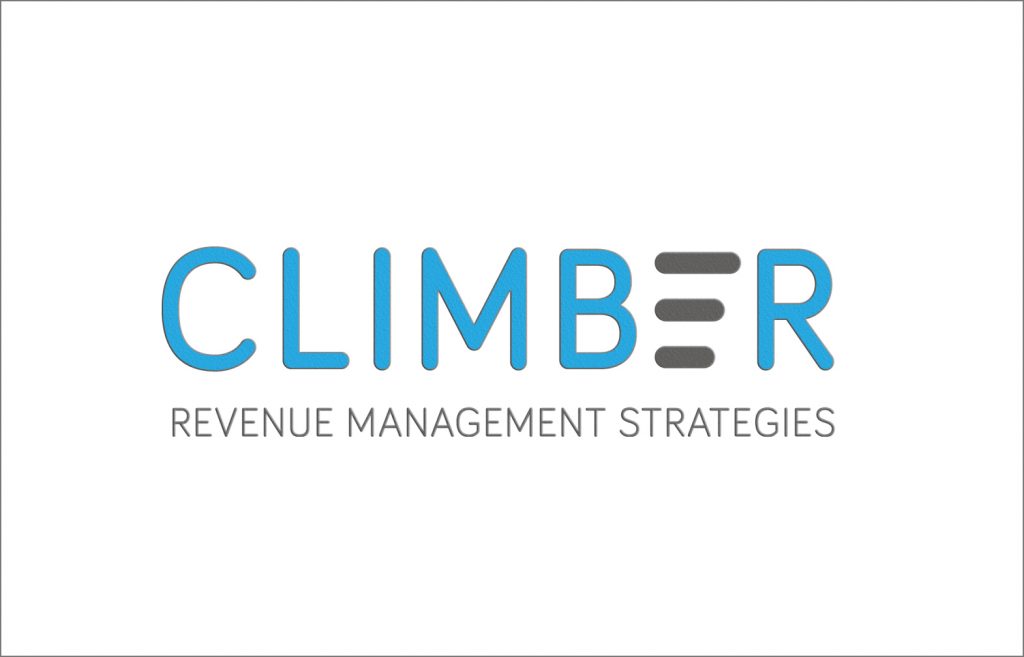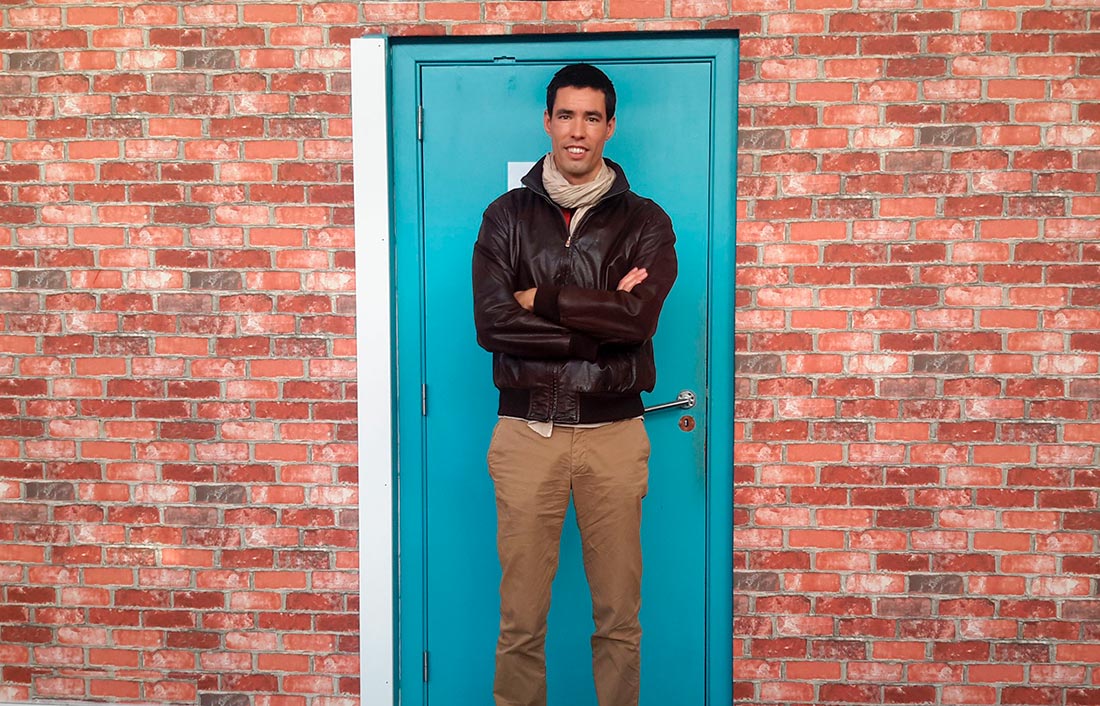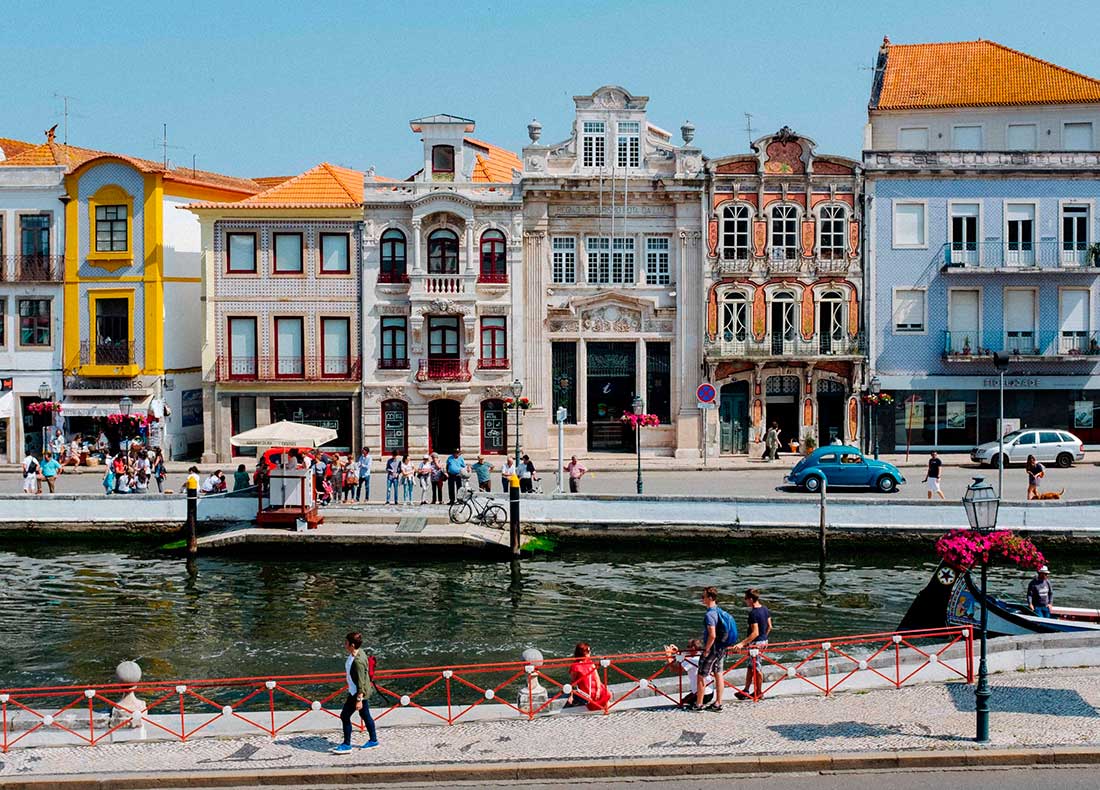Independent hotels should embrace technology and incorporate the latest trends into their strategies to be able to survive in the long run, says the founder and CEO of Climber RMS, a hotel revenue management platform.
“Like anything else in life, you either adapt or you die. We have seen a lot of independent hotels disappearing, especially in more developed markets, because they were not able to remain competitive against big hotel chains,” Mário Mouraz said in an exclusive interview with Via News.
Climber, which is based in Lisbon, provides an easy-to-use and affordable hotel analytics and smart pricing software that help independent hotels around the world optimize their revenue management strategies, make informed decisions, maximize their earnings, and outpace the competition.

Mário, who has an M.S. in hospitality management and has worked for several years in the tourism industry, says automation will play a huge role in the future of the hospitality sector and those that cannot adapt are likely to flounder and cease to exist.
“Hotels are becoming more and more automated. It means that hard, complex, and repetitive tasks performed by hoteliers on a daily basis will completely disappear in a few years. Also, there will be a level of integration between all hotel software that would make the information flow easily across all departments.”
He added that artificial intelligence will transform not only the operational side of hotels but also the nature of their interaction with clients.
On other future trends, Mário said, “There will be closer proximity between the guest and the hotel, and efforts will be made by hotels to make guests feel special. We live in a world where customers expect their needs to be answered immediately. So there cannot be a delay in meeting their demands.”
According to him, this means that more IoT devices will be developed and used through which clients will be able to make requests or have things delivered to their rooms using their voice, just the way people are using Amazon Alexa, Apple’s Siri, or Google Assistant.

Climber’s CEO believes some independent hotels cannot remain competitive against large hotel chains because they do not invest enough in technology. “That’s the reason why the number of independent hotels in more developed countries has been reducing.”
Mário says one of the goals that Climber is seeking to achieve is to help independent hotels stay competitive in the market by giving them tools for optimizing their rates and strategies.
Need for Customization
Asked about the risks facing the hospitality industry, he noted that the increase in the number of vacation rental properties is posing a challenge to hoteliers because many clients who used to go to hotels are now choosing options of other nature such as Airbnb.
“They’re actually looking for customization and personalization, which is something that hoteliers were not giving to them. That’s why we are seeing that nowadays more hotels—especially hotel chains—are moving toward thematic designs and elements that cater for specific niches and audience, such as sports people, business people, people of certain age, party people, or homosexual people,” Mário said, adding that independent hotels need to follow suit.
“Too Conservative” Hoteliers
Climber’s founder argues that hoteliers are in general “too conservative” and are not open to test or be the initial testers of new solutions.
“So it’s rarely the case that a big innovation starts in the hospitality sector and is then rolled out to the rest of the world. It’s almost quite the opposite. Usually, it starts in another industry such as the airline industry and then comes to the hotels. I think a change of mindset is necessary for this sector if it wants to remain competitive.”
Hoteliers are in general “too conservative” and are not open to test or be the initial testers of new solutions.
Mário Mouraz, founder and CEO of Climber RMS
Prospects for Portugal
On the future of the tourism and hospitality sectors in Portugal, Mário said they will continue to grow and will remain two of the biggest contributors to the national economy.
“Portugal has all the conditions to remain one of the countries in the world that offer great tourism services. It just needs to keep on investing in this sector and be an innovator.”
The latest annual statistics released by the National Statistics Institute (INE) of Portugal show that the number of non-resident tourists who traveled to the country reached 22.8 million in 2018, registering a 7.5% increase compared to 2017.
The number of guests who stayed in hotels and other types of accommodation grew to 25.2 million and overnight stays stood at 67.7 million, an increase of 5.1% and 3.1%, respectively, compared to 2017.
The CEO of Climber maintains that there is still a lack of human resources and certain skill sets in the hospitality sector in Portugal.
“Portugal is still lagging behind in terms of skilled revenue managers. We don’t have many skilled revenue managers in the industry, and we need to invest more in this kind of professionals as well as digital marketing managers for hotels.”

Lessons Learned
Mário had the experience of establishing two startups before founding Climber. His first project was Travel With Mario, a travel website selling digital travel guides for European cities, namely Barcelona, London, and Lisbon. His second startup, Trip Dashboard, was an attempt to help tourism businesses optimize their offerings in real-time.
On the lessons learned along the way, he said, “In my first company, I understood that I cannot run a startup alone and need to find other people to help me. The second lesson I learned was that I shouldn’t outsource the core of the company, which is the technological development, to someone else. It should be done internally.”
Mário says his second experience with entrepreneurship helped him realize that “we should do it with the right people”.
“I also learned that we should do proper market and customer validation to understand exactly who our clients are and then tailor a product to them rather than tailoring a product to a too broad target market.”
“I learned that I shouldn’t outsource the core of the company, which is the technological development, to someone else. It should be done internally.”
Mário Mouraz, founder and CEO of Climber RMS
Entrepreneurial Advice
Asked about the advice that he would like to share with startup owners or aspirant entrepreneurs, Climber’s founder said, “If you’re thinking about building a company, there’s only one thing between doing it and not doing it—which is YOU.”
“Moving from theory to practice is the most difficult thing, but I recommend everyone trying to create a company to do it. It’s not easy. It’s the hardest but the most rewarding thing you can do because you’ll have motivation every day to leave your bed and go to work. You’ll not feel like you have to work any other moment in your life because you’re creating something and leaving an impact on the world.”
Mário says he is always happy to contribute to spread knowledge and to motivate more people to do what he is passionate about. “I’m more than happy to make myself available to entrepreneurs or people who want to launch their business in the future.”







